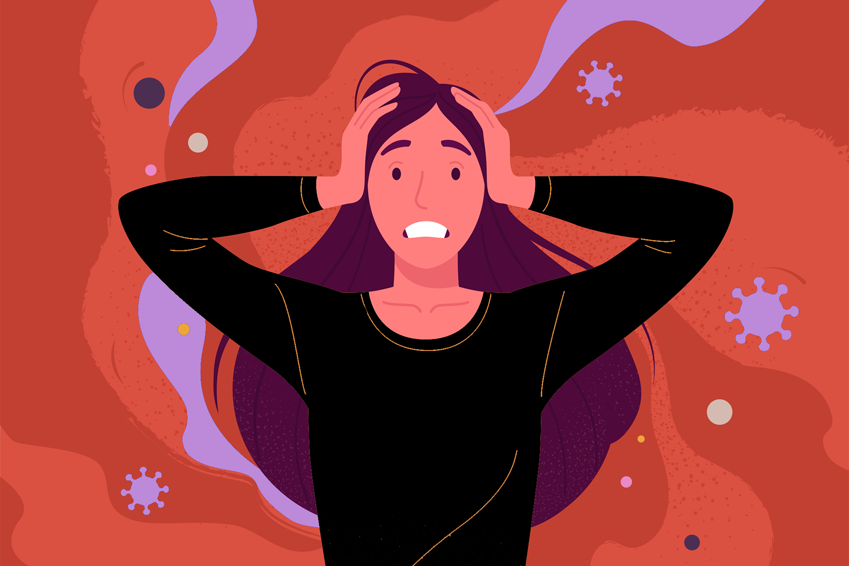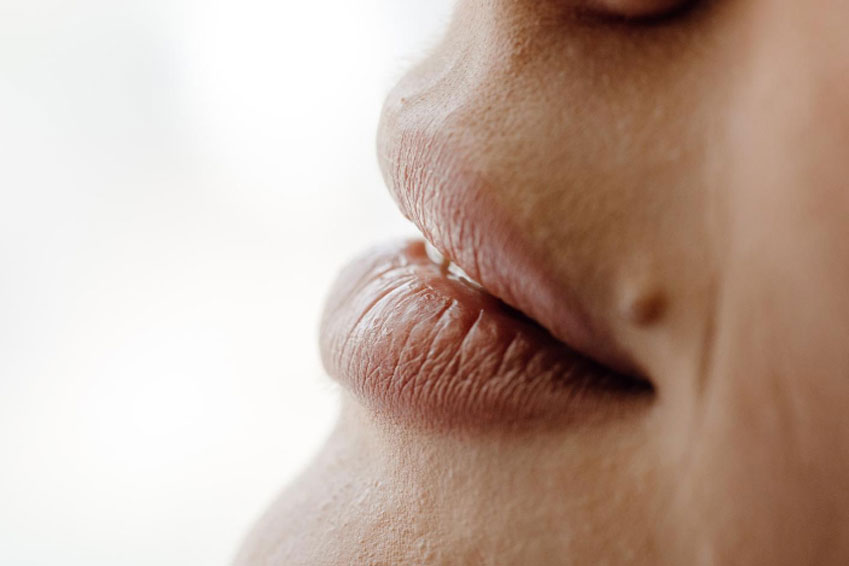Panic attacks can be so severe, people often compare them to a heart attack or stroke. They can have a profound effect on your happiness, career and family life.
Panic attacks can make you to feel like you’re physically and mentally out of control. Physical symptoms can include shaking, feeling disorientated, nausea, rapid, irregular heartbeats, dry mouth, breathlessness, sweating and dizziness. It’s a roller coaster of unpleasantness, and once it’s over, there’s the fear that another attack will soon come.
Dental Tip: If you find yourself getting or being anxious, be aware if you are grinding or clenching your teeth. Visit your dentist to monitor wear-and-tear, and perhaps investigate wearing a mouth guard to prevent further damage.
People choose to deal with panic attacks in various ways, from doing nothing, to self-coaching, to professional therapy or prescription medications, to herbal remedies and lifestyle changes. The ultimate goal, however, is to become skilled in dealing with them. Properly handled, individuals suffering from panic attacks can work to lower their severity, shorten their duration, decrease their frequency – even eliminate them altogether.
Here are three perspectives to consider…
#1 Breathe, baby, breathe!
Panic attacks can cause shortness of breath and hyperventilation. They create an imbalance in oxygen and carbon dioxide levels in the blood. So a major goal is simply to bring breathing back under control.
Pscyhologist Dr. Helen Odessky believes trying to breath normally is the best cure for a panic attack. Take a look!
Britain’s National Health Service recommends the following:
- Inhale slowly, deeply and gently through the nose.
- When exhaling, do the same as inhaling, but through the mouth, instead of the nose.
- Counting from one to five on each inhale and each exhale has been found to be helpful.
#2 Concentration
During a panic attack, try not to focus on what it is that you’re feeling and why. Instead, concentrate on your breathing – and in case you have a “happy place”, go there as well.
Spend thirty minutes with psychologist, Dr. Becky Spelman, on the subject of panic attacks. It’s like you’re in therapy, but free!
#3 Coaching Yourself
The reasons for panic attacks are numerous and varied – so coaching yourself to withstand them may take a personalized approach. For example, there’s the question of whether to “face your fears” and purposely place yourself in situations that can cause panic attacks, or instead, do your best to avoid those situations altogether. The correct answer may simply depend on what’s right for you.
Here’s short video from MWH (Managing Workplace Health) on taking control of your panic attack.
Coaching yourself is a wise idea – it’s good to be prepared for that “surprise attack”. Condition yourself to immediately acknowledge that you have been through this before, and not to panic about your panic – so to speak.
Also, train yourself to have the expectation that “This too shall pass.” – you are not going to come to any harm.
Nevertheless, if attacks persist for long periods of time or with increasing frequency, it may be time to seek medical help. Whatever you do, don’t be shy about taking control of your panic attacks. And watch that teeth grinding!


















